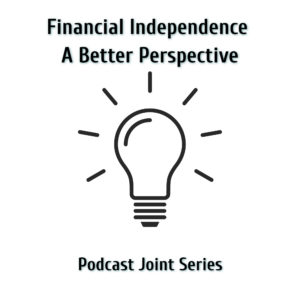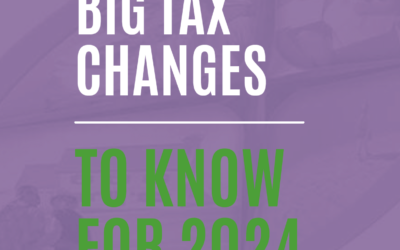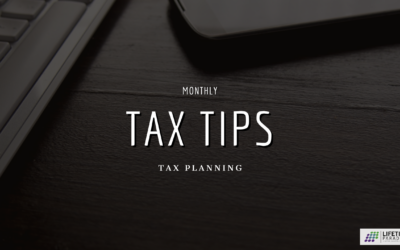Financial Independence
A Better Perspective
Podcast
Episode 7
EPISODE 7 – Alternatives to the 1031 Exchange
Presented by Lance Edwards and Randy Luebke
A 1031 Exchange allows capital gains taxes to be deferred when you sell income producing real estate. This powerful strategy protects your real estate investments from taxation and it allows you to grow your wealth faster and more efficiently.
What happens, however, if you are not selling income property? What if you are selling your primary residence, vacation home, paintings, bitcoin, your business or some other highly appreciated asset? Normally, the gains realized from the sale of these assets create taxes that become due upon their sale.
You may be wondering, are there alternatives to the 1031 exchange that will allow you to defer the taxes due on the sale of those other assets as well?
The short answer is YES, and in this episode of “Financial Independence – A Better Perspective”, Lance and Randy discuss the benefits of utilizing the 1031 Exchange, as well as several alternative strategies that you likely never knew existed.
View Podcast Below…
What you’ll learn in this episode:
- The history of the 1031 Exchange, started with a family (The Starkers) suing the IRS to not have to pay the capital.
- The essence of the 1031 Exchange: moving appreciated gains into a new property.
- Under the 1031 Exchange, you get to roll gains forward as many times as you want. Under the current tax law, you can do it your entire life. When you die, the property is going to step up in basis and those properties then pass down to your heirs capital gains and tax free. The basis not only steps up for tax purposes, but also for depreciation purposes.
- Randy breaks down the rules of the 1031 Exchange. First, if you sell the property, you can’t touch those proceeds. If you do, it’s called constructive receipt and you will owe taxes on it. To avoid that you use a Q.I. or a qualified intermediary. That’s a third party you choose to hold the funds until you find your exchange property.
- You have 45 days to identify an “up leg,” the property you are going to exchange into. There are restrictions on the number of properties you can identify as your leg up and on the value of these properties.
- You have 180 days to close the escrow.
- You can do a reverse exchange to take some of the pressure off.
- Introducing a discussion about alternative approaches, Randy introduces the concept of “boot”.
- Randy talks about another tool called “deferred sales trust.”
- The way the IRS code reads, if you sell an asset on an installment, you don’t have to recognize the taxable gain until you receive the payments.
- If you have a property you want to sell but don’t want to do a 1031 Exchange – preferring instead to wait for the next real estate market correction before buying the property – you can create a third-party trust.
- If you cash in the note, you would have to pay the long-term capital gains tax.
- When you finally find your property, your financial partner in purchasing it is going to be the trustee at your trust. The trustee will make the down payment and you’ll qualify for the loan. One partner qualifies for the loan, and the other makes the down.
- Randy discusses another alternative called the Delaware Statutory Trust.

Big Tax Changes to Know for 2024
Financial Guides2024 has brought some big tax changes with it. It’s essential to stay informed about these...
The Smart Tax Planning Newsletter March 2024
Tax PlanningIn This Issue: IRAs for Young Adults Get Up to $32,220 in Sick and Family Leave Tax Credits New Crypto Tax...
2024 Key Planning & Investment Deadlines for Q2
Financial GuidesSpring is coming and to keep you financially organized for Q2, we are providing you with our Spring...






